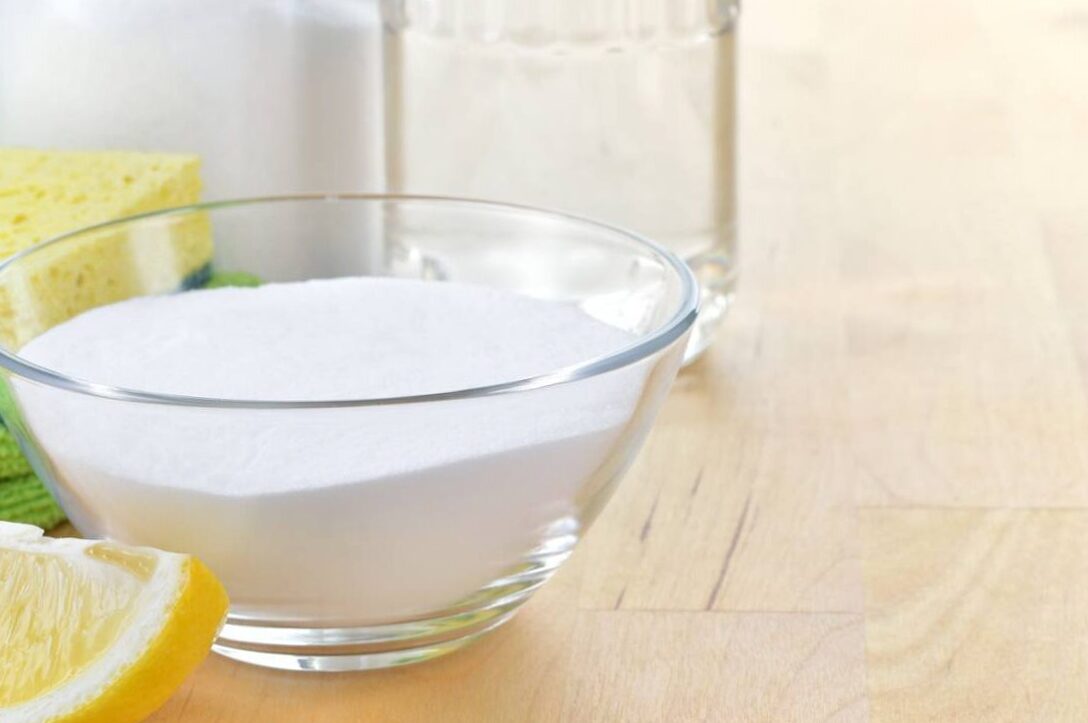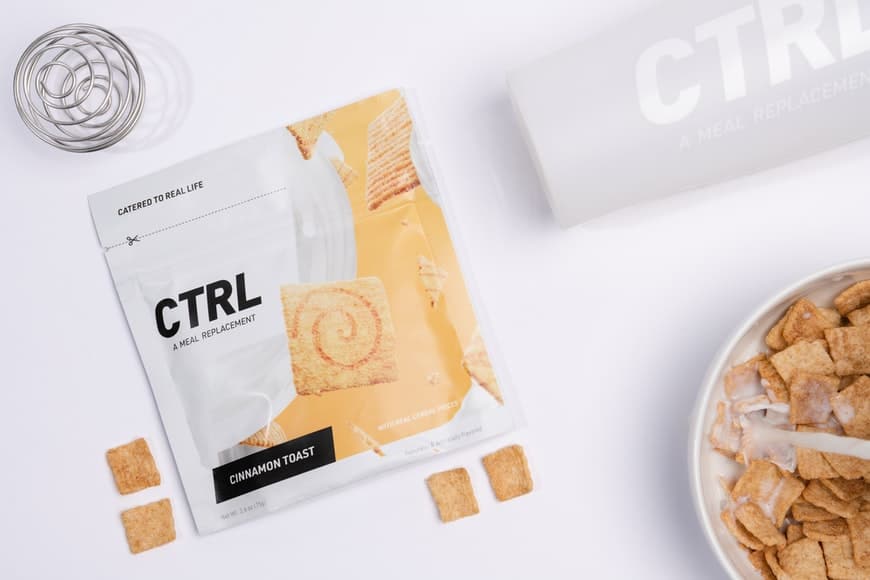Whether it’s the rank of starred chefs or cooking enthusiasts, it is increasingly frequent to know the kitchen of zero waste. This approach is to adopt an ecological style that aims to transform its purchase and consumption habits. This allows you to limit kitchen waste as much as possible and the use of materials with a negative impact on the environment. It is a much easier approach to explain than to be adopted. However, it is not impossible to have zero waste cuisine. Discover here the practical gestures thanks to which you can achieve this goal.
Begins by reducing the amount of food that waste
If you didn’t know, understanding today that food waste is a real global disaster. In a study published by Ademe (Ecological Transition Agency) in November 2020, the figures indicate that every year just under 10 million tons of consumables are wasted. This corresponds to 150 kg of vated per capita food and a year, including 20 kg of domestic waste. In a Zero waste ecological approach In the kitchen, it is one of the first habits you should give up. Even if it does not happen in one day, it is important to reduce the amount of food as much as possible.
To do this, you can start adopting healthy habits that will help you waste as much food as possible. First of all, you begin to establish a list of your purchases before purchasing for your food needs. In the same way, he also thinks The recycling remains And cook top, peeling or stale bread when this is still possible.
Fai -da -by -it solutions to reduce waste
Fai -Da -Te (Foul alone) is a trend that meets the requirements of zero waste cuisine. This involves replacing a series of accessories and products for your kitchen making them ecologically. In the list of most practical things To do yourselfWe find:
- Homemade dish washing liquid,
- Wash the pastilles,
- Cleaning products with plus surface,
- Discular.
In particular, making your homemade washing liquid alone is one of the eco -seable practices The cheapest and that allow you to maintain its cuisine without polluting the environment. There is really a great diversity of recipes on the web to make this liquid. On the ingredient side, you can easily find them exchanged (soda crystals, black soap, Marseille soap, essential oils, water, etc.). This will allow you to get a product Much less pollutingbut equally effective than its classic and industrial counterparties.
In addition, the FAI -Da -Da is an approach that favors infinite recycling of the washing liquid container, which is in particular more ecological than the cans and non -biodegradable bottles used by the industries.
In addition, there are companies that offer you today Zero waste kit Thanks to which you can make your liquid much more easily to wash. These kits generally contain everything you need and do not cost too much.

Shop on the markets of local producers and in mass stores
When you are in a zero waste approach for your cuisine, it is important to encourage purchases from local producers and in Mass shops. This is the best way to proceed to avoid plastic containers or made in other polluting materials. In fact, unlike supermarkets, local exhibitors are very often more open to the use of fabric mass bags or glass containers (jars to be filled with pasta, rice and other solids).
With local trade, it is actually much easier not to bring waste to your home. By preferring purchases in blocking or market stores, at local producers, it is easier to stick to the use of Your reusable loose bags And easily recyclable. In addition, you can still think of hermetic containers for more fragile foods such as meats, cheeses, etc.
Compost your organic waste to feed your garden
For zero waste cuisine and a healthy environment, organic waste must also be reduced. More than a third of our garbage bins is essentially composed of this type of waste, which is an important source of pollution. In addition, it trivially represents one hundred kilos of waste per person per year. These materials thrown into a basket are certainly destined to be treated in a center to finish burnt in an incinerator. However, although they are organic and biodegradableTheir treatment requires significant energy consumption.
The solution is therefore to compost your organic waste as much as possible in order not to fill the garbage cans up to the edge. This includes elements such as vegetable and fruit peel, ashes, broken egg shells, tea, coffee soils, remains of vegetarian meals, etc. There is nothing better to reduce smells and garbage volume. Furthermore, Compost is a real wealth for your plantsBecause you can use it to feed them.
You can install a tray of compost in your garden, but you can also use an internal component or apartment, depending on your comfort. There are also collective composers if you want to use them with your neighbors. On the other hand, make sure not to launch Your composter Fish or meat remains or citrus skin, because these products decompose much more slowly.

Recycle your cuisine as much as possible
In addition to composing your organic waste, it is important to think Recycles other waste to cook as much as possible if you want to achieve your goal. This involves the transformation and recycling of things that can be, rather than throwing them simply in the trash.
In this approach, elements such as glasses, plastics, metals and paper products can be used to create objects, furniture, tools and materials. They can also be given to benefit others from their qualities or simply be sent to the recycling center. In addition, beer capsules or bottle caps can be used to create games for your children or decorative objects. You can do research on the subject to get more ideas about what you can Act as old kitchen utensils or recovered components.
latest posts published

Do difficult things!

Does yoga start alone, at home, good or bad idea?

Connected watches: take off!

How to alleviate and avoid them

How to lose your thighs? Exercises, suggestions and nutrition

Remote to sport in winter, the light track!

Solutions, exercises and suggestions to help you!

Substitutes of meals: real slimming allies?

Dry January: Return of experience!


